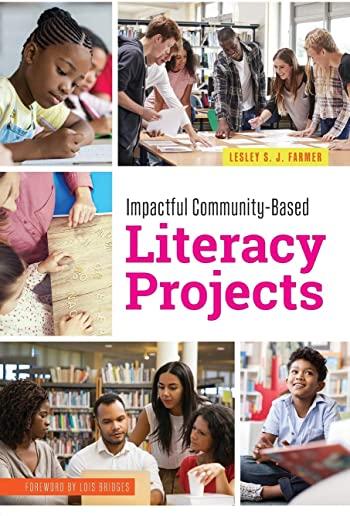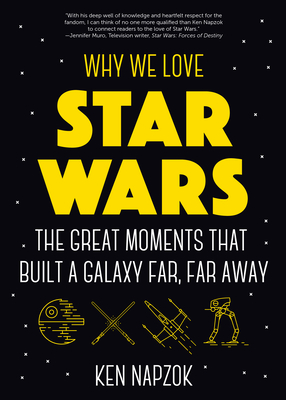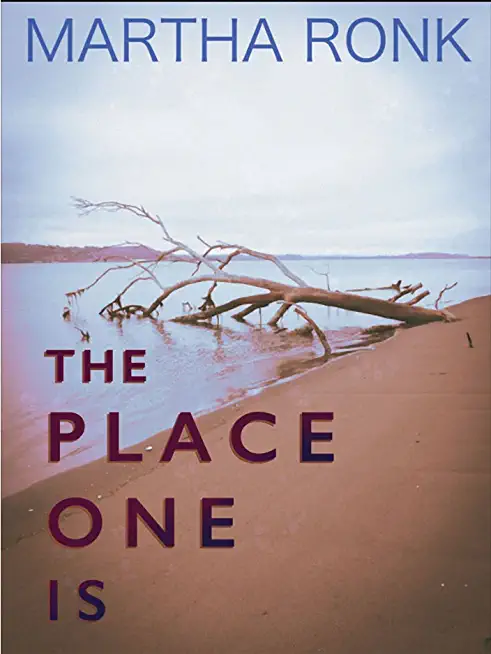
Inspired by the Library of Congress Literacy Awards Program and its applicants, which have showcased and disseminated innovative literacy initiatives across the country and around the world since 2013, this book provides evidence-based practice guidelines for librarians and educators. To optimize results, the projects in this book blend early literacy benefits, fundamental reading skills, and other foundational concepts with culture- or community-specific sensitivity and leveraging. They're adaptable based on age, audience, size, resources, and budget; and most importantly, they address social inequities and foster cross-culture interactions. Inside, readers will find
- detailed profiles of dozens of successful literacy projects, which include such activities as oral storytelling, the Parent-Child Home Program, a repository of multilingual children's stories, accessible web readers, personal tutors, and many more;
- an overview of universal steps to literacy, explaining how people learn, generic reading skill development, human developmental issues, and habits of literacy;
- research-based factors for impactful literacy projects;
- discussion of the importance and role of literacy partners such as families, schools and universities, libraries, government agencies, nonprofit organizations, and for-profit entities;
- advice on project planning, including needs assessment, goals and objectives, literacy review, target audience, project personnel, resources, setting and timing, communication, support, implementation, communication, and continuous assessment and improvement; and
- guidance on building capacity, empowering the community, and sustaining a culture of literacy.
Complete with links to additional resources and support materials, this resource details the steps needed to create effective and sustainable projects in your own community.







